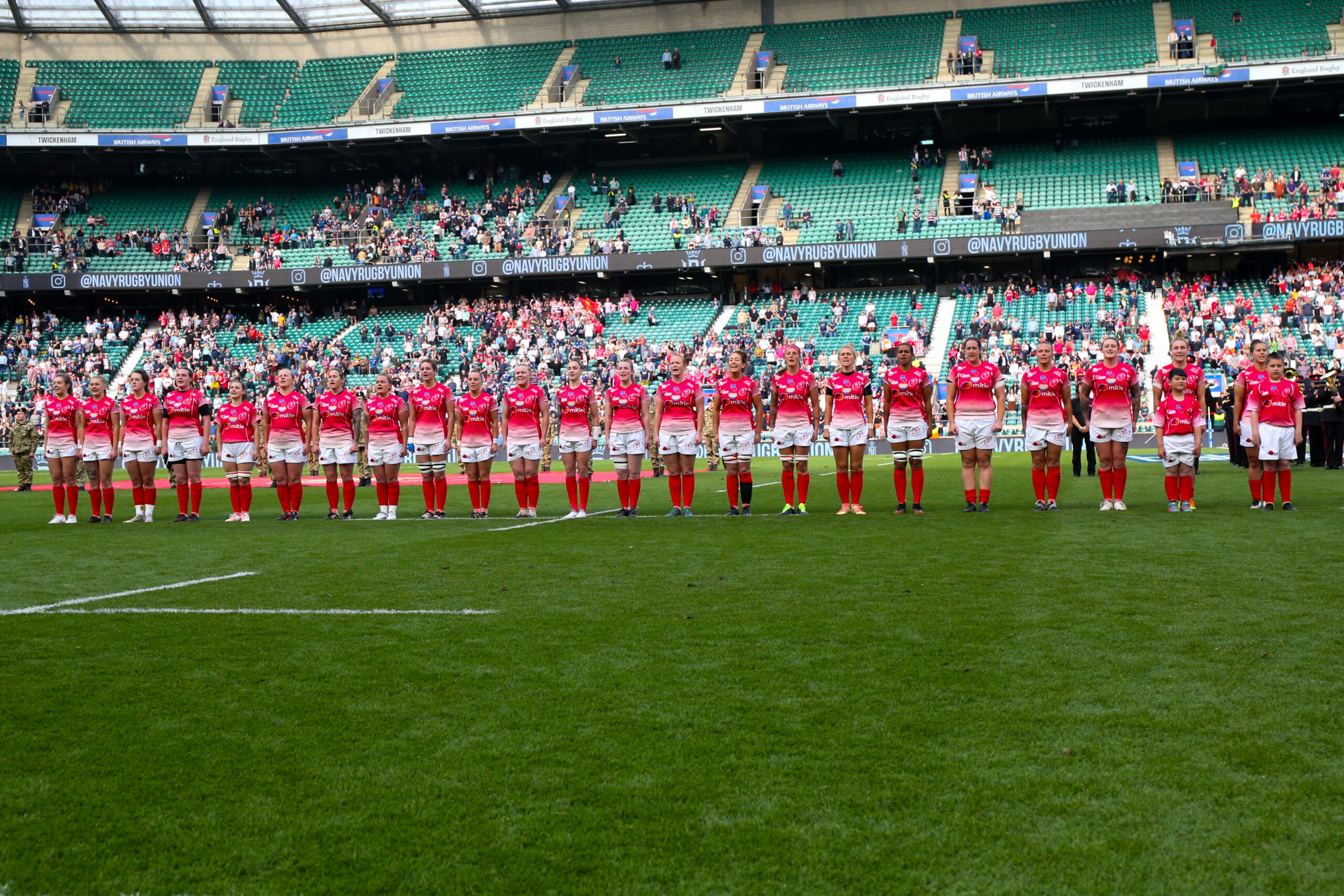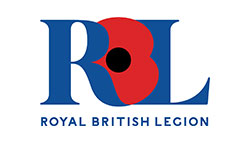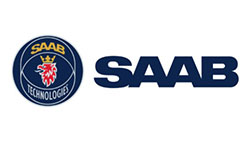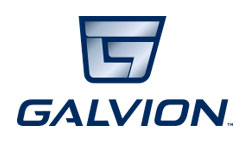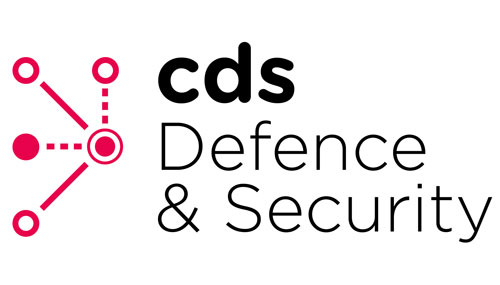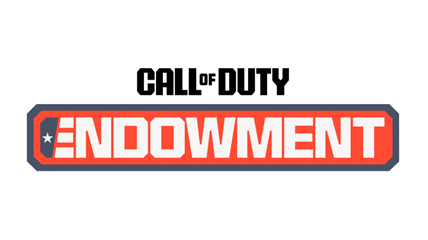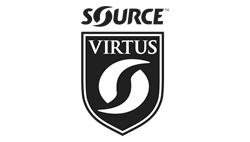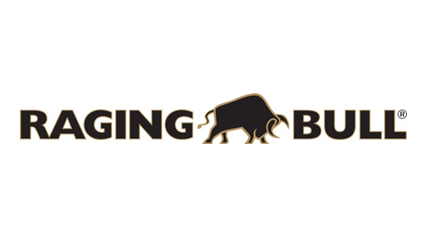“It is galaxies apart, which is brilliant.”
That is how Lt Col Ann O’Flynn (RAVC) describes how far the Army has come in the last 20 years in supporting its top flight women rugby players.
If there is anyone who is in prime position to comment it is Lt Col O’Flynn, who in her playing days was a trailblazer within Army Women’s sport. Committing the time and energy required to be an international rugby player – Lt Col O’Flynn won 23 caps for England over a 12-year period – is demanding enough, as is qualifying as a referee and coach, but she had to achieve this while managing the demands of being a specialist officer on a number of challenging postings in Northern Ireland and then overseas.
So, to say that there was pride in watching her successors in the Army team gracing the home of England rugby when they ran out to play the Navy at Twickenham as part of the BFBS commentary team is something of an understatement, to say the least.
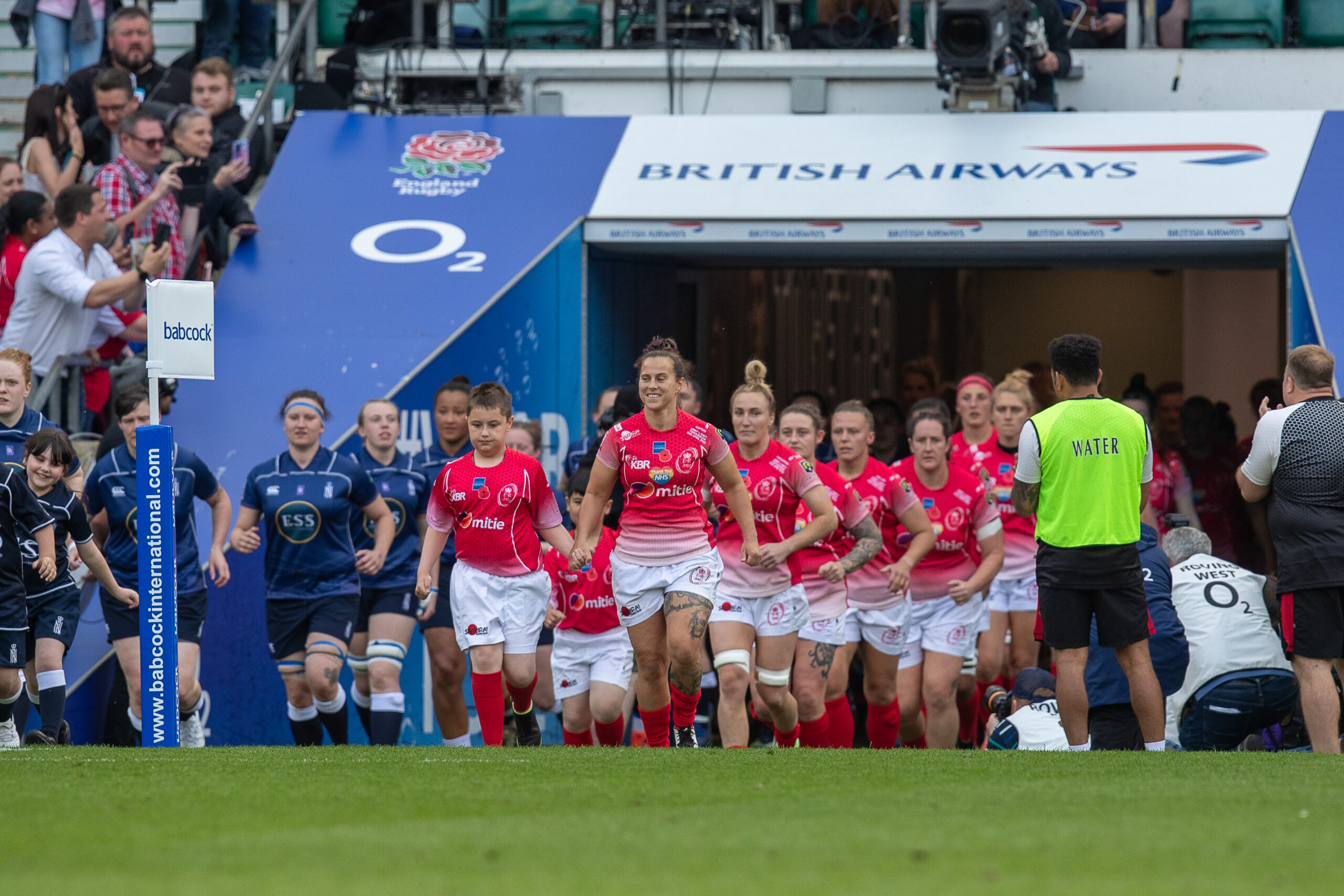
The Army and Royal Navy Women make history running out to play their match at Twickenham for the first time.
Image © Army v Navy Match
“I am so chuffed that players who are performing at that level today have so much support they are able to access, to make them the best players they can be,” Lt Col O’Flynn says. “We have still got a way to go, but the players who are playing both Services rugby and in the wider national Premier 15s competition, have got a fantastic opportunity to get the very best support they can get in terms of strength and conditioning, providing the correct recovery, in terms of nutrition and training advice and position-specific training.
“Players like Beth Dainton have benefitted from this progress and had a fantastic season this year; Beth was the first Military woman to play for the Barbarians, she has become a dual-code rugby international and is still being supported by her Unit. I’ve also been proud to see Sally Stott come through as part of the RAVC, who I’ve known for years and I’m following her career with great interest.
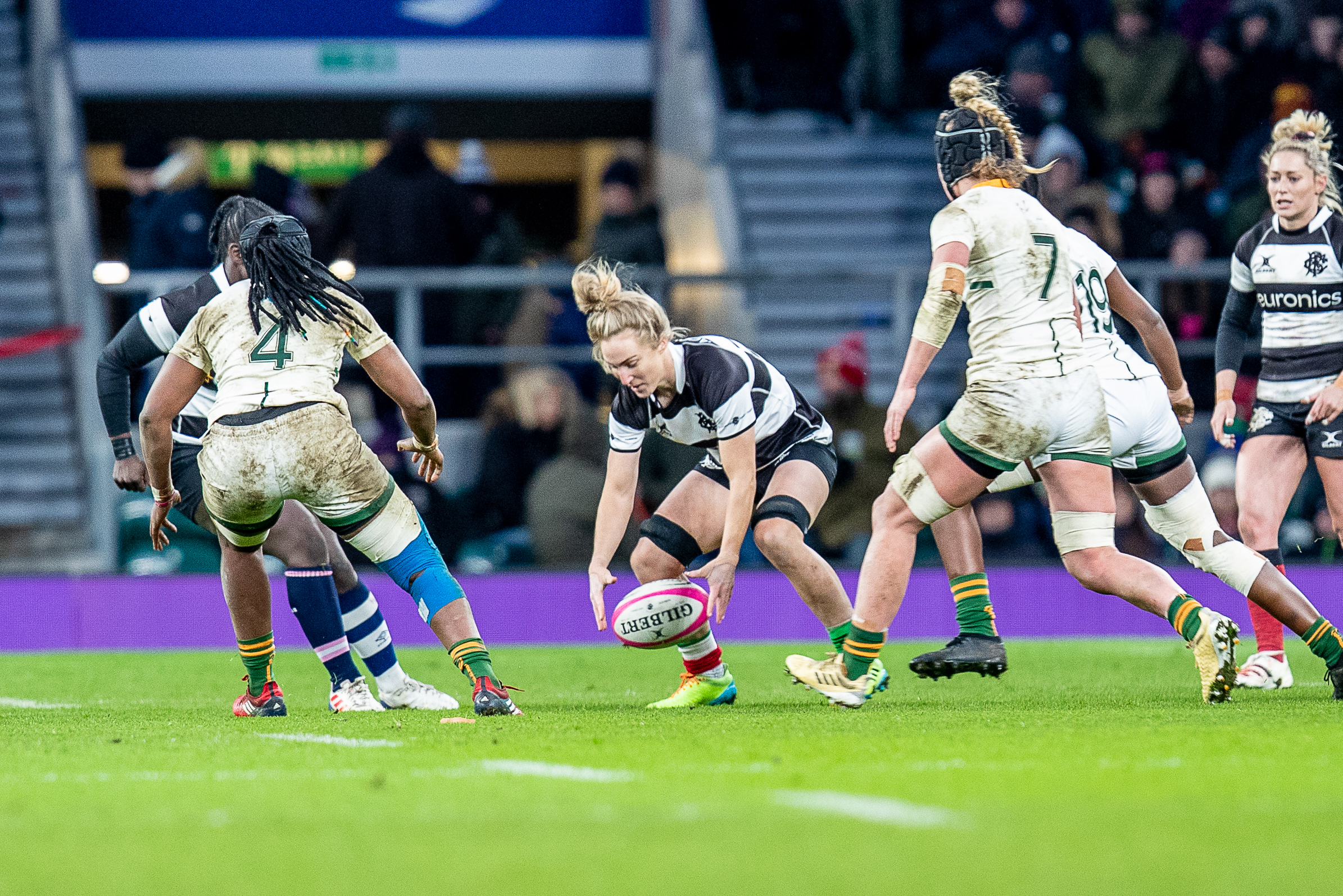
Bdr Bethan Dainton became the first service woman to be capped by the world famous Barbarians in November 2021.
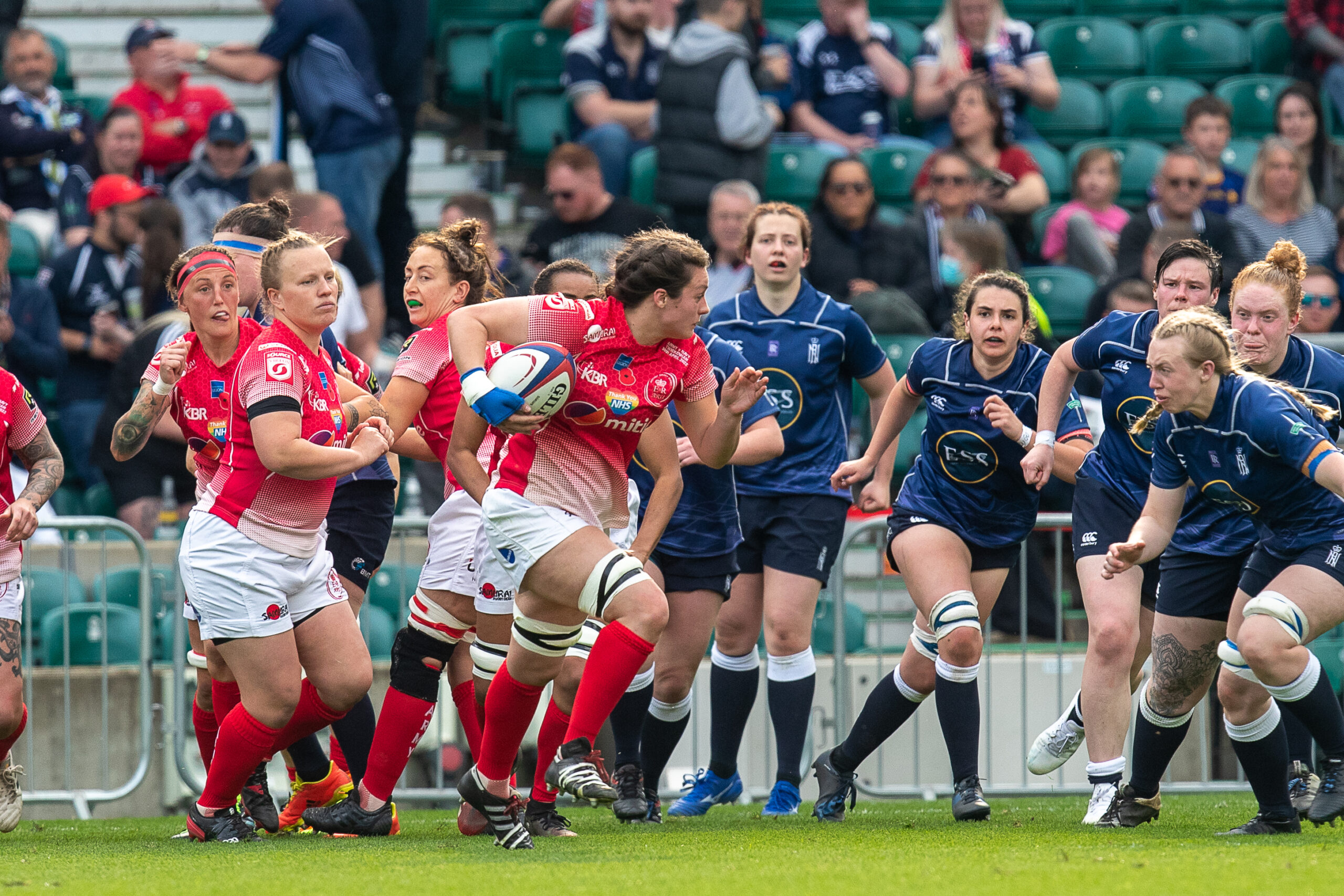
Lt Sally Stott produced a stellar performance v the Royal Navy at Twickenham, seeing her awarded Player of the Match.
Images © Neil Kennedy
“We only dreamed of that level of recognition and support when we were going through. Twenty years ago, as aspiring internationals, we had an idea of what we needed but we had to fight against several barriers. They were not insurmountable, but they were quite a feat to overcome, like lack of equity in funding, work pressures and even something as basic as awareness and support of what we were trying to achieve. For me, as a Veterinary Officer posted into a singleton, specialist role in Northern Ireland which was then our main operational theatre for my first job in the Army, it was challenging to get released because there was simply no one else to cover me as I was literally the only vet in theatre.”
The eldest of seven children and from a rugby family she may have been, but girls’ and women’s rugby was far from as established as it is now within the community game. Indeed, Lt Col O’Flynn admits after a few weeks of rude comments from the opposition when she joined a boys’ team aged seven, she chose to cut her hair short to disguise that she was a girl to stop the opposition complaining.
She did her talking on the pitch, becoming renowned as the team’s ‘demon tackler’ and it was often only after the game the opposition realised how they’d been tricked. By the time she was ready to go to university 10 years later, the proximity to a good club was as important as the quality of the veterinary school.
Fortunately, Liverpool had both, and Lt Col O’Flynn played at the Waterloo club for 12 years, working her way through County, Regional, Divisional, England Student, England Academy honours before being called into the England Senior squad in 1994.
So far, so straightforward, with one notable omission – the Army.
“The Army was never really in my thought process,” she admits. “I was focussed on being a Vet from the age of eight, that was my life’s ambition. But I didn’t get the ‘A’ Level grades I needed first time around, which may have been partly due to the fact that I went on a rugby tour in the Easter of my ‘A’ Level year, which probably in hindsight wasn’t the wisest decision!”
Instead, veterinary school had to wait until a second degree, by which stage Lt Col O’Flynn was ineligible for Army bursary support. Needless to say, with a flourishing England career in what was essentially an amateur sport, finances were increasingly tight, and with life as a newly-qualified full-time vet not necessarily conducive to playing sport at the highest level, other options had to be sought.
“A good friend of mine was in the RAF at the time and he said that I should join the Army, because I could be a vet, play rugby, and do adventurous things like assault courses!” she recalls.
“Quite simply, once I was sold in that direction as a career, in the January of my final year of vet school I walked into the recruiting office in Liverpool city centre and said to the archetypal, local (Scouse) Kings Div Recruiting Sergeant: ‘I want to join the Royal Army Veterinary Corps please.’ He wasn’t convinced at first, and was about to try and persuade me to join another capbadge, but when I told him ‘I qualify as a vet in six months so I think that might be quite useful’, he found me a leaflet on the AMS and inside was a small paragraph – just four lines – which said you can join the Army as a Veterinary Officer in the Royal Army Veterinary Corps and that was literally it, so I signed up there and then.”
That was in 2001, when England were busy winning their third consecutive Grand Slam of the 5 Nations Championship, but it was 12 months later when preparations were in full swing for the Rugby World Cup in Barcelona that Lt Col O’Flynn was due to join the Army. While entry into the Army was postponed until the September she was nevertheless eligible for World Class Performance Funding from the National Lottery, which allowed her to train full-time up to a tournament in which England would beat Italy, Spain and Canada en route to a final against New Zealand. Lt Col O’Flynn remembers she was on the bench for the Final but made it onto the pitch in the second half: “we had a chance to win but we didn’t take it and New Zealand punished us. It was a harsh lesson that hurt for a long time.”
Then it was into life in the Army, which also had its initial challenges.
“I had to learn the hard way that the chain of command has a different perspective to what your sporting aspirations might be,” Lt Col O’Flynn explains. “The wider AMS and Army teams were supportive, as was my individual Corps, the Royal Army Veterinary Corps, but they were also reliant on me because at that time there were fewer Veterinary Officers in the Army. When I joined up with a fellow vet, there hadn’t been any Vets recruited for three years and there weren’t any recruited for two years after us.
“So, I struggled to balance the requirements of a new professional career and putting as much as I wanted to in order to achieve my own high standards, as well as the requirements of being an international rugby player. Suddenly, I wasn’t able to set my own priorities like I had for the last 10 years, which was a painful lesson to learn at times!

Image provided by Ann O’Flynn © Getty Images
“For the first 14 years of my career I was doing a clinical hands-on role, whereas now, like most Army Officers 20 years in, I am in a managerial or staff role. For me currently that is at Army Headquarters, using my experience to create and update the policies for best practice in looking after our working animals, based on recent advances in veterinary science and human medicine. I am also heavily involved in deciding how the MOD responds to the post-Brexit changes in legislation for the legal movement of animals around the world, and coordinating their healthcare.”
The RAVC has also come on in leaps and bounds in Lt Col O’Flynn’s two decades in the Army. A large proportion of the Corps still reside in their ‘spiritual home’ in Melton Mowbray where the Defence Animal Training Regiment has been integral to the purchase and training of working animals for the Army since 1948. The most exciting development has been the creation of the 1st Military Working Dog Regiment RAVC in 2010 which is now based in North Luffenham, near Oakham, which provides a more efficient Regimental HQ and effective support to the various Corps, Regiments and Units it supports.
Lt Col O’Flynn has just been selected as the next Commanding Officer of 1 MWD Regiment, saying: “it’s an amazing honour to be selected for Command in any role, but to be selected as CO for your own Corps’ flagship unit is something I am immensely proud of.”
“Being a vet in the Army is a fantastic job,” she adds. “It is so unique it is hard sometimes to articulate what it is like as there is literally no day the same, and something can come into your clinic on a Monday morning which changes your entire week.
“The thing that makes it fantastic rewarding for me is the quality of the care that the dogs get from their handlers, who are second to none. They are world class in terms of what they do and how they care for their animals, and their dedication, their work ethic and their willingness to just go beyond what is expected and to go above and beyond for the care of their dogs and horses is always inspiring to me.

Image provided by Ann O’Flynn
“As a clinician the thing that drove me to be a vet was James Herriot’s stories and seeing TV programmes about the RSPCA Animal Inspectors going around rescuing neglected animals. As an Army vet you can exercise preventive medicine by making sure the animal receives the best treatment and preparation to go and do their job, whereas a vet in general civilian practice is responding to illnesses which have been caused by an accident, or a dog swallowing a pile of lego or something like that. Sometimes it is sadly by owner ignorance.
“So for me, being an Army vet is hugely rewarding, because I can do my best through writing clear policy and enabling good preparation and using my medical brain intelligently think how can I best prepare an animal to do its job.
“I’ve got a strong Christian faith and I think God has truly called me to be a vet in the Army. Even though I didn’t know it at the start, I genuinely believe that I here in this role because this is where God wants me to be. It is fantastically rewarding to work with the RAVC soldiers, but I also love working with the great animal athletes we have in our working dogs and working horses. It is hugely rewarding, and I am immensely proud of the job I do.”
And while her playing days may be behind her, Lt Col O’Flynn is still able to be involved in rugby as a qualified referee, a process she started back in 2002 and opened up other avenues to remain part of the sport while posted to areas where playing women’s rugby was not possible.
“I got posted to Cyprus for two years and there was no rugby for me to play out there because there were no women’s teams on the island at all, and as the OC of an independent sub-Unit and the only vet there was no way I could fly back from Cyprus in the same way I managed to fly back from Northern Ireland. So I refereed every week for the national league across the whole of Cyprus. It was men’s military and civilian teams, mainly 15s but some 7s and 10s, so it kept me fit and I was able to stay involved in the sport.
“I found as a referee you get what I call ‘the best seat in the house’, but thankfully without the injuries and the pain the next morning. So in many ways, I find refereeing much more rewarding than coaching. I am a qualified Level 2 RFU Coach, but I don’t find that as enjoyable because when the game is playing you are stuck on the side-lines, whereas as a referee you can really directly influence how a game is played. You can make a bad game better and you can make a good game excellent if you control that effectively, and as an ex-player I try to referee matches with empathy for the players and I try to understand their intent as well as their actions.”
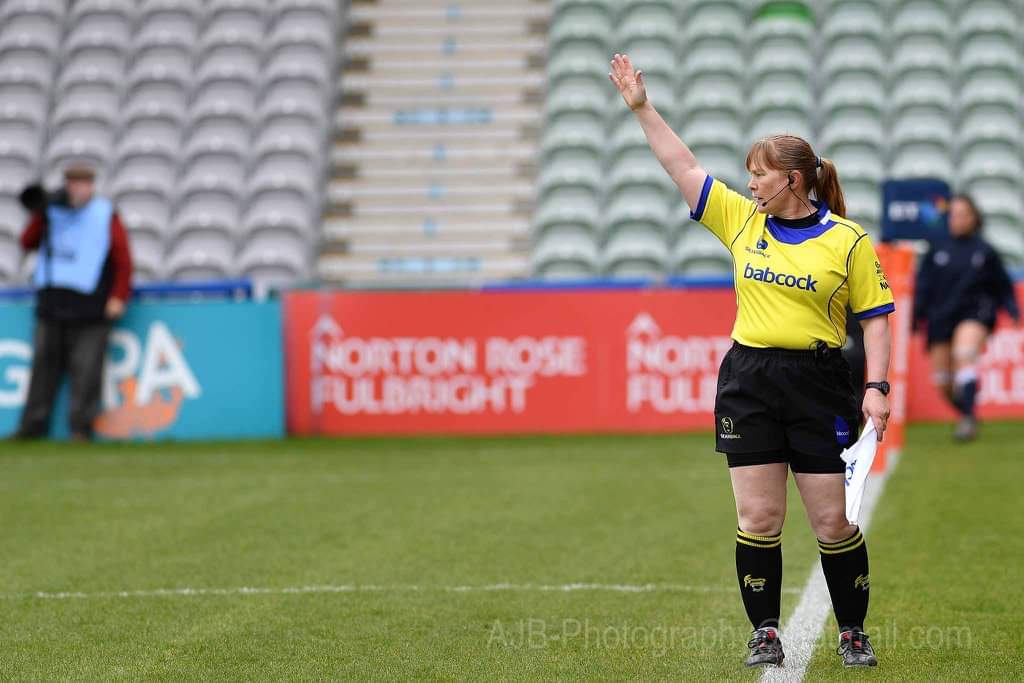
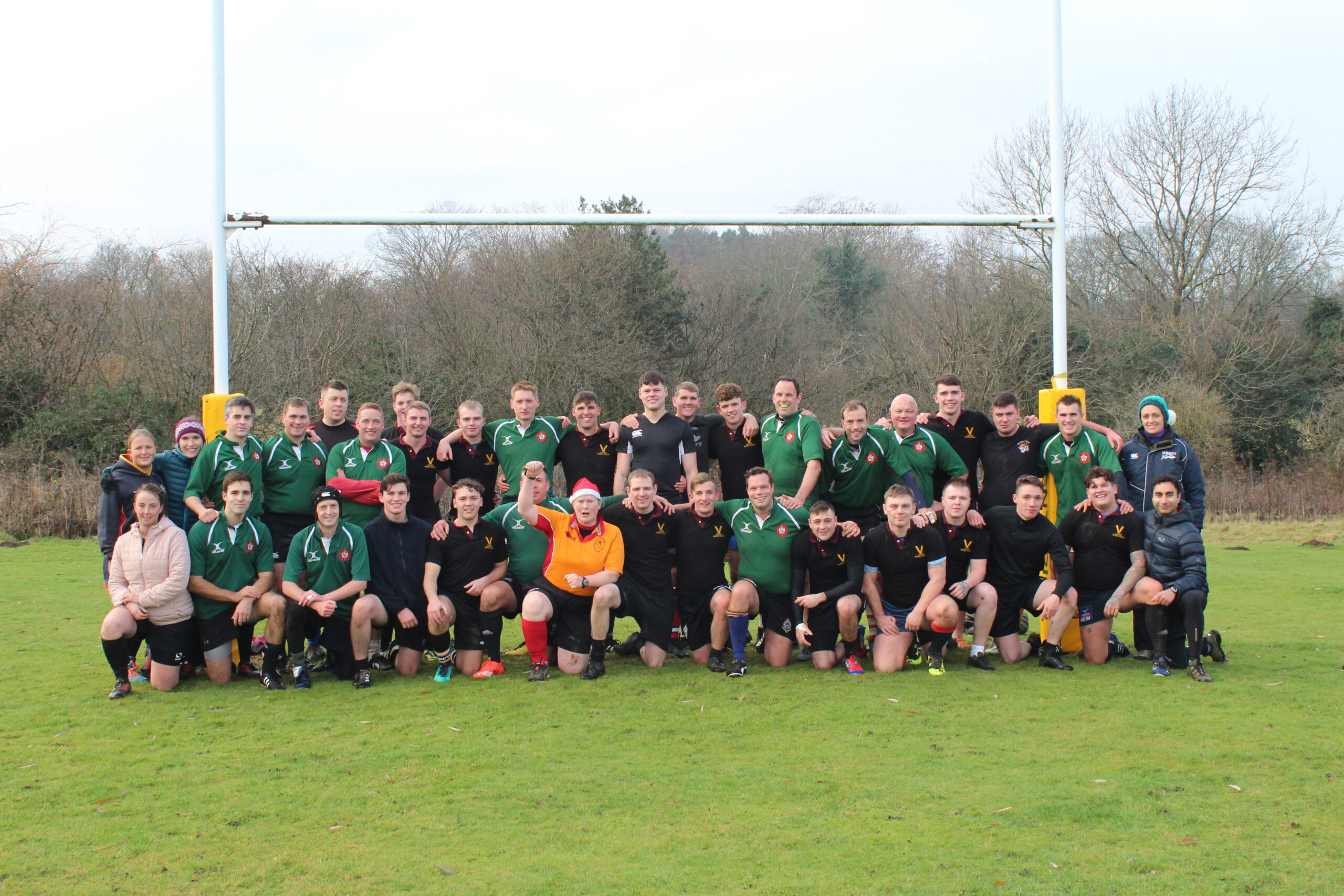
Images provided by Lt Col Ann O’Flynn
Having experienced breaking new ground by being part of the first England Women’s team to have played a 6 Nations match at Twickenham and then seeing the international team go from strength-to-strength, Lt Col O’Flynn believes the Army team can follow a similar trajectory,
“I was just so chuffed we [the Army] had got to the stage where now we have clearly made such progress that we can play in the best stadium in England but yes, I felt really moved by that fantastic journey, it was a great day to be able to watch them execute their plan,” she says. “They had clearly done their analysis and their training and conditioning has been spot on. To see the way the team grew in confidence at the Twickenham match for Army v Navy demonstrated their whole skill set with some fantastic tries and great team work, and I’ve no doubt there is more to come.
“When you are a soldier and you are playing alongside people who have literally put their lives on the line, and who have shared blood sweat and tears for real on the battlefield, there is something very special.
“Putting on a red shirt for the Army is a very special feeling and there is this fantastic bond which unites us all, even now. And when you get back together with those people who you have trained with, you have worked with and have stood alongside them, singing the national anthem at Twickenham with the whole team of red shirts behind you – it is an experience I will never forget. It makes the hairs on the back of my neck stand up when that happens and that is one of the most amazing feelings.”
Words © New Dogs, Old Tricks
Header Image © Army v Navy Match | Featured Image provided by Ann O’Flynn
